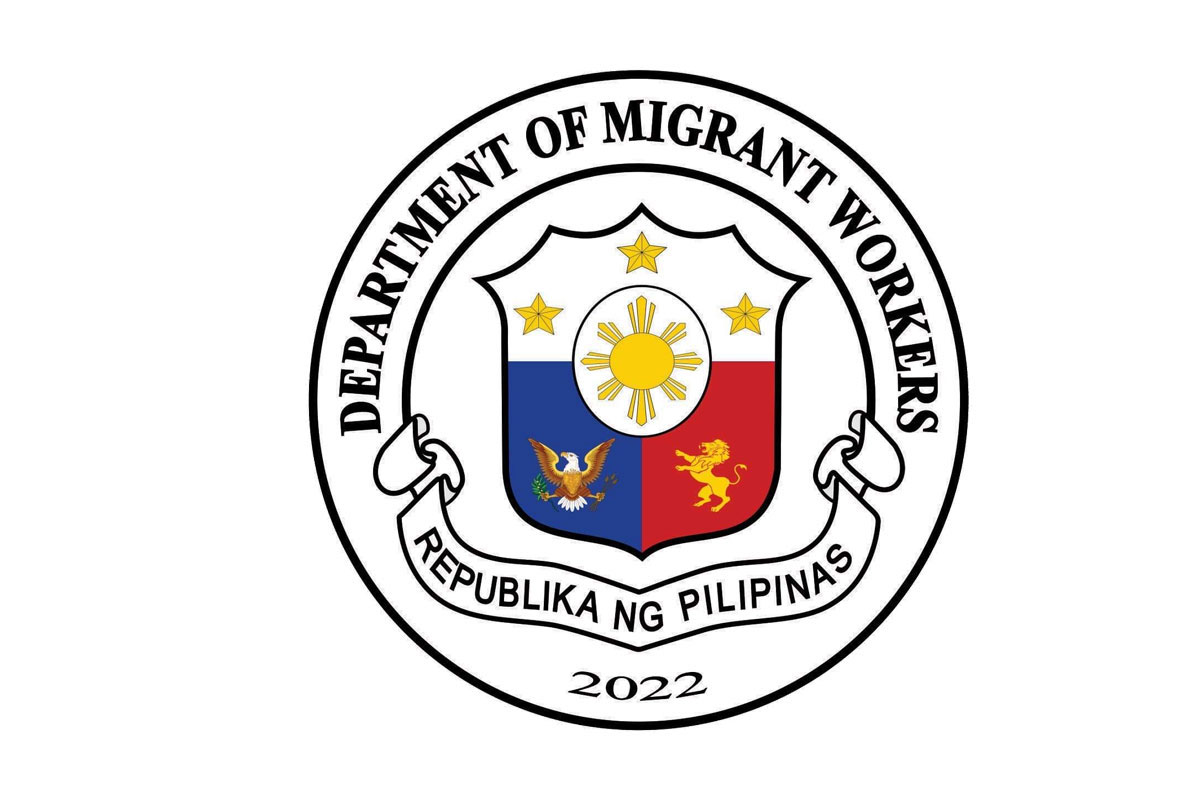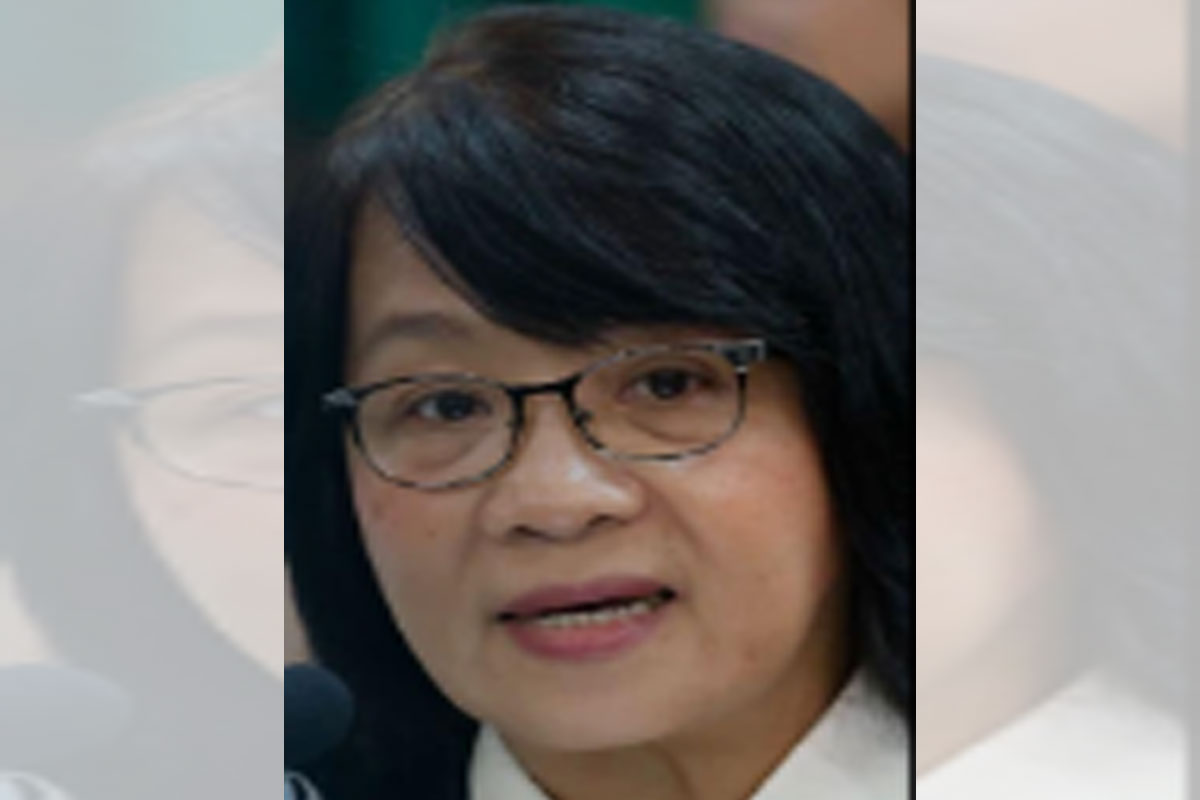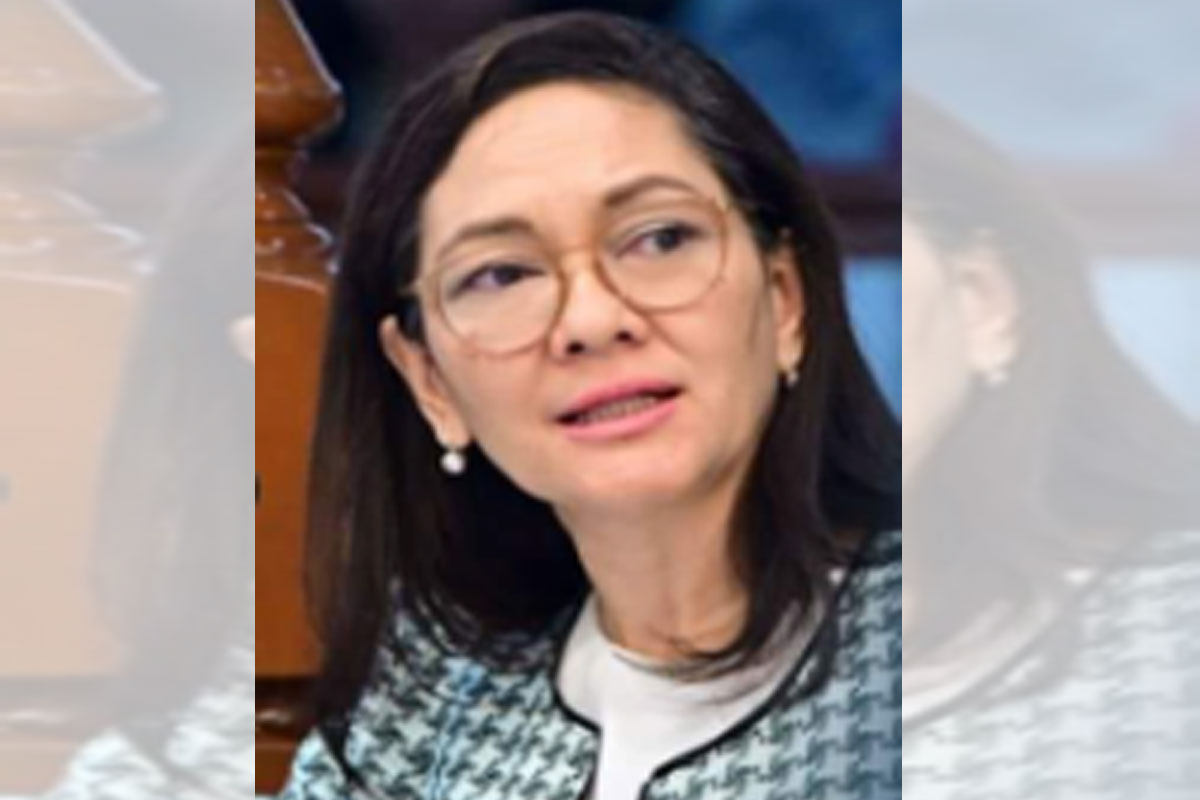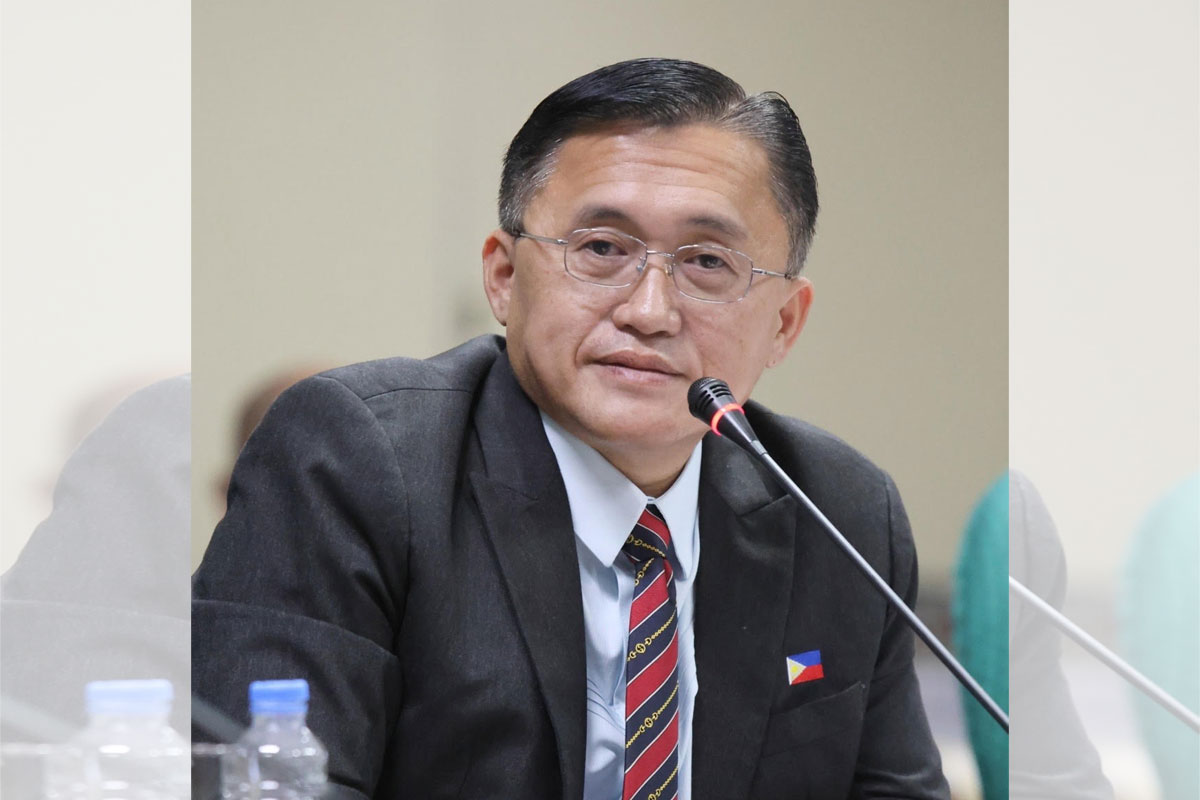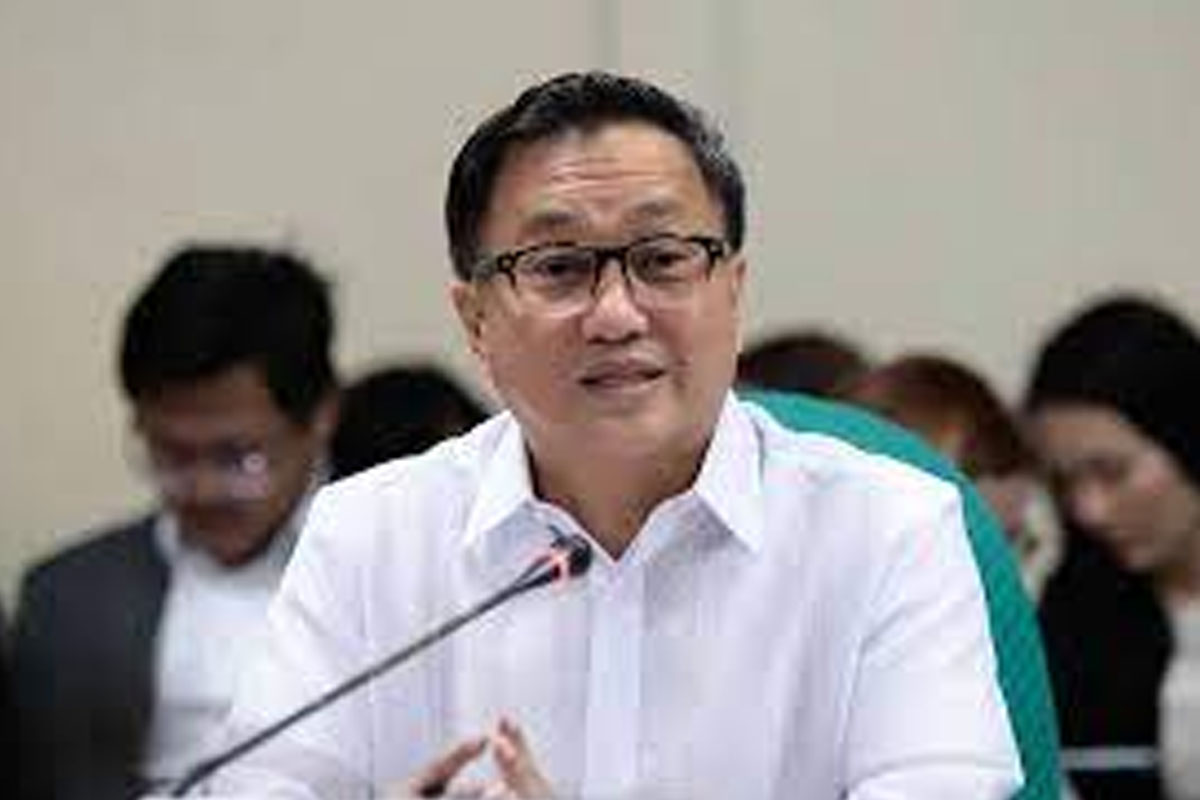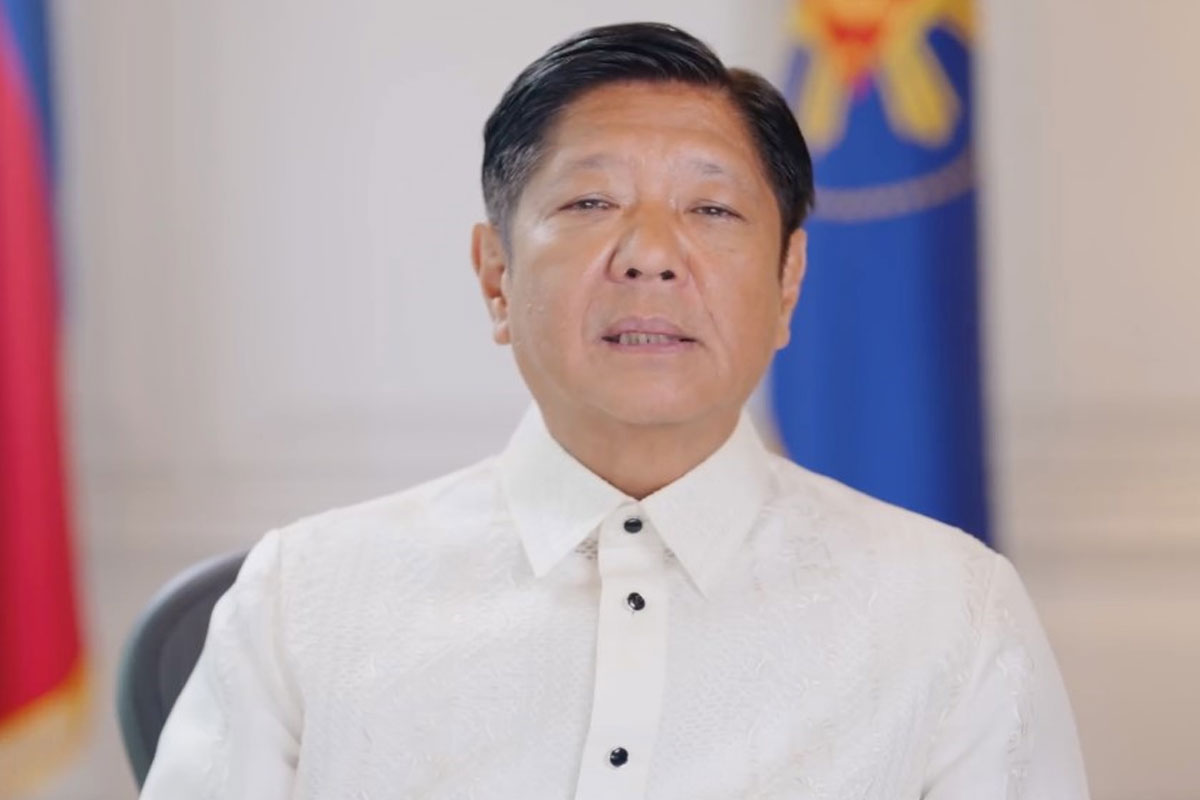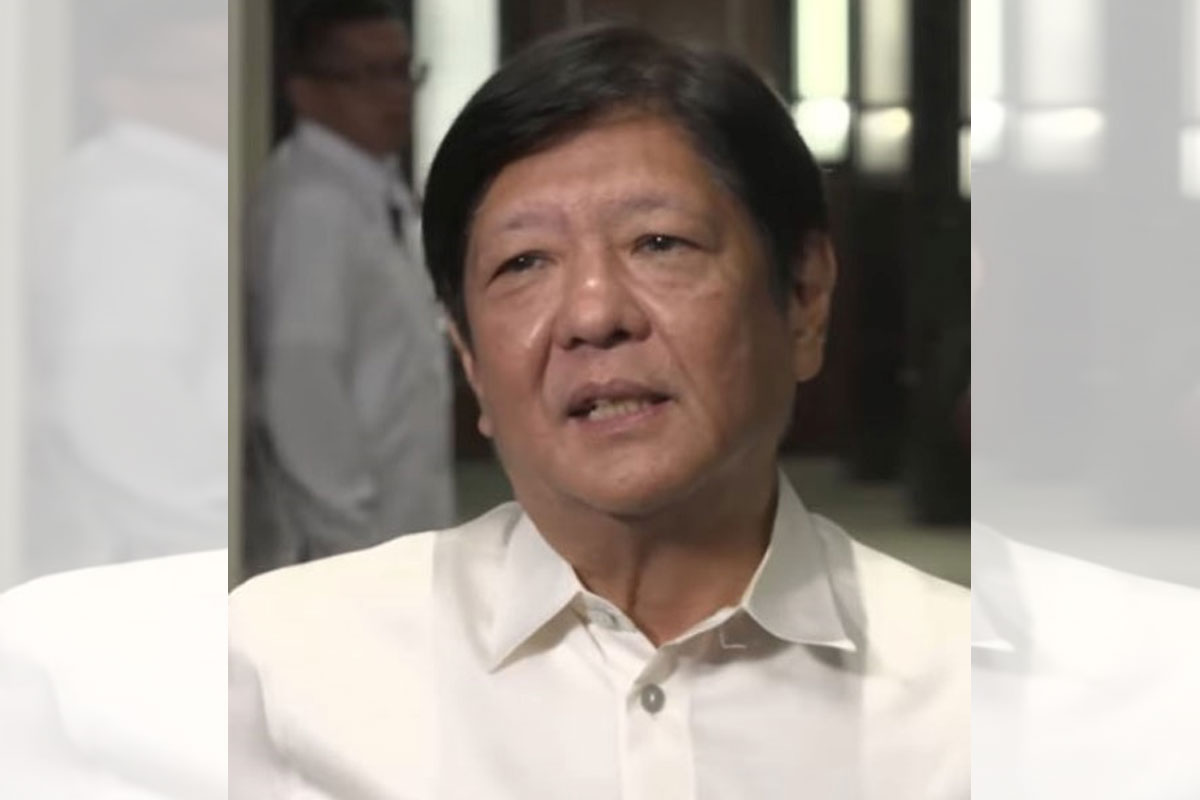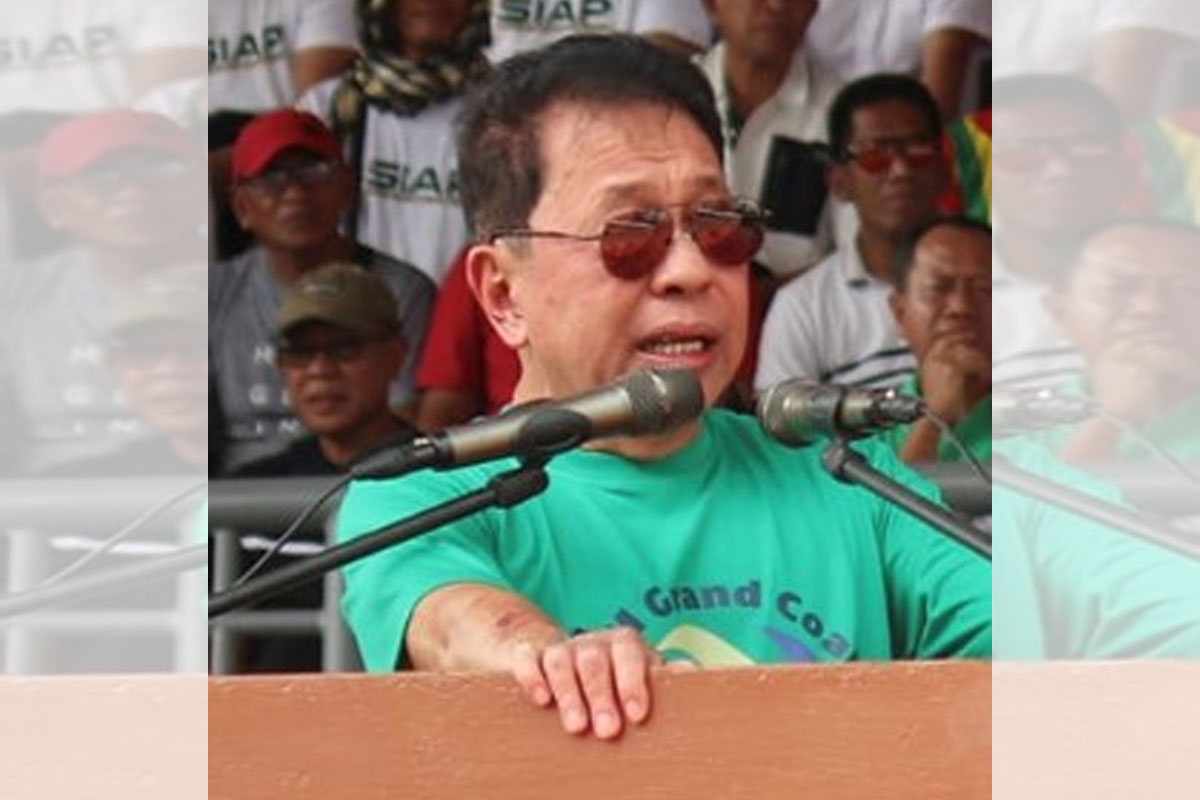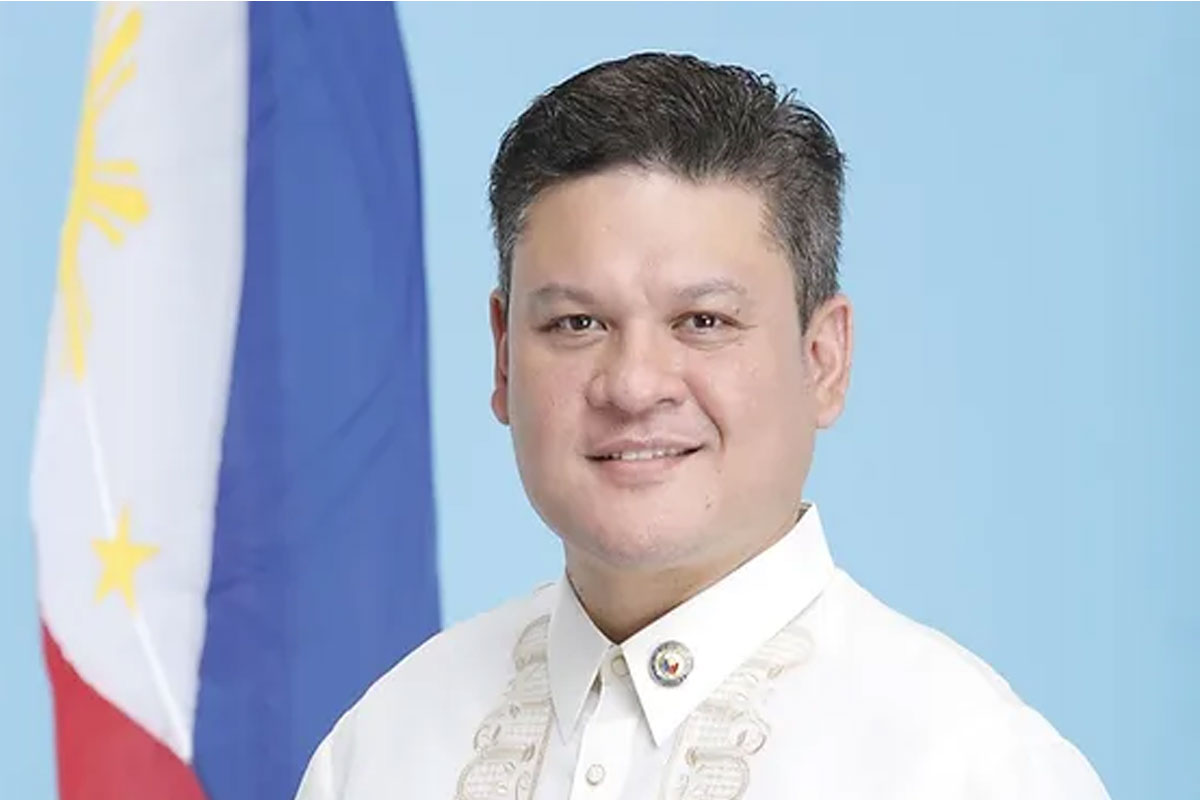
Solon: Combat poverty with CDD
LAWMAKERS led by Davao City 1st District Rep. Paolo Duterte want marginalized communities to get involved in the planning, budgeting and implementation of projects that meet their priority needs as a means to combat poverty at the grassroots level.
Duterte said this globally recognized strategy, called the Community-Driven Development (CDD) approach, should be institutionalized and provided sufficient funding to ensure that underserved and remote communities are able to decide which programs and projects should be implemented to suit their needs.
Such projects, among others, are the construction of water systems, schools, street lighting, community health centers and farm-to-market roads.
The institutionalization of the CDD strategy is provided under House Bill 500, which had Duterte filed with Benguet Rep. Eric Yap and ACT-CIS Partylist Rep. Edvic Yap.
“Through this legislation, there will be a gradual shift in the dynamics of leadership as it embodies the bottom-up approach, one in which policies are directed towards enhancing participatory governance practices, tapping community organizations particularly the basic sectors, and responding firsthand to community needs,” the bill’s authors said.
HB 500 is derived from the Kapit-Bisig Laban sa Kahirapan–Comprehensive and Integrated Delivery of Social Services (KALAHI-CIDSS) program of the Department of Social Welfare and Development (DSWD), which has pioneered and sustained this World Bank-assisted initiative in selected poor municipalities in the country.
“With local government units (LGUs) expected to receive over P827 billion in 2024 as their National Tax Allotment or their share in the collection of national taxes, many cities and municipalities can well allocate a portion of this windfall to help fund CDD projects in their localities, especially once the bill becomes a law,” Duterte said.
Duterte said that to institutionalize the CDD strategy, the bill mandates that not only the DSWD, but other national government agencies and the local government units (LGUs) adopt this approach in their community-based programs.
Accredited civil society organizations and academic institutions are also encouraged to participate in facilitating technology transfers, and assisting communities in securing collaboration or funding from other institutions.
The amount needed to implement the measure shall be charged to the annual appropriations of the DSWD. To help sustain the CDD projects, the bill provides for the establishment of an endowment fund consisting of voluntary contributions, donations, grants, or loans from domestic and foreign sources, government subsidies and other income.
HB 500 provides for the creation of an Advisory Council on CDD Institutionalization chaired by the DSWD Secretary and co-chaired by the Secretary of the Department of the Interior and Local Government (DILG).
Its members shall include representatives from the National Anti-Poverty Commission (NAPC), National Economic and Development Authority (NEDA), and the Departments of Budget and Management (DBM), Agriculture (DA), Agrarian Reform (DAR), Health (DOH), Education (DepEd), and Human Settlements and Urban Development (DHSUD), and non-government organizations (NGOs).
The measure also calls for the creation of advisory councils at the regional levels.
To help finetune and ensure the success of the CDD strategy, the bill includes the establishment of the CDD Knowledge and Resource Institute.
As a non-stock, non-profit government-owned and -controlled corporation, the Institute shall provide support for continuing research and technology development, partnership development, policy advocacy, resource mobilization, capacity-building of communities, and monitoring and evaluation of projects.




